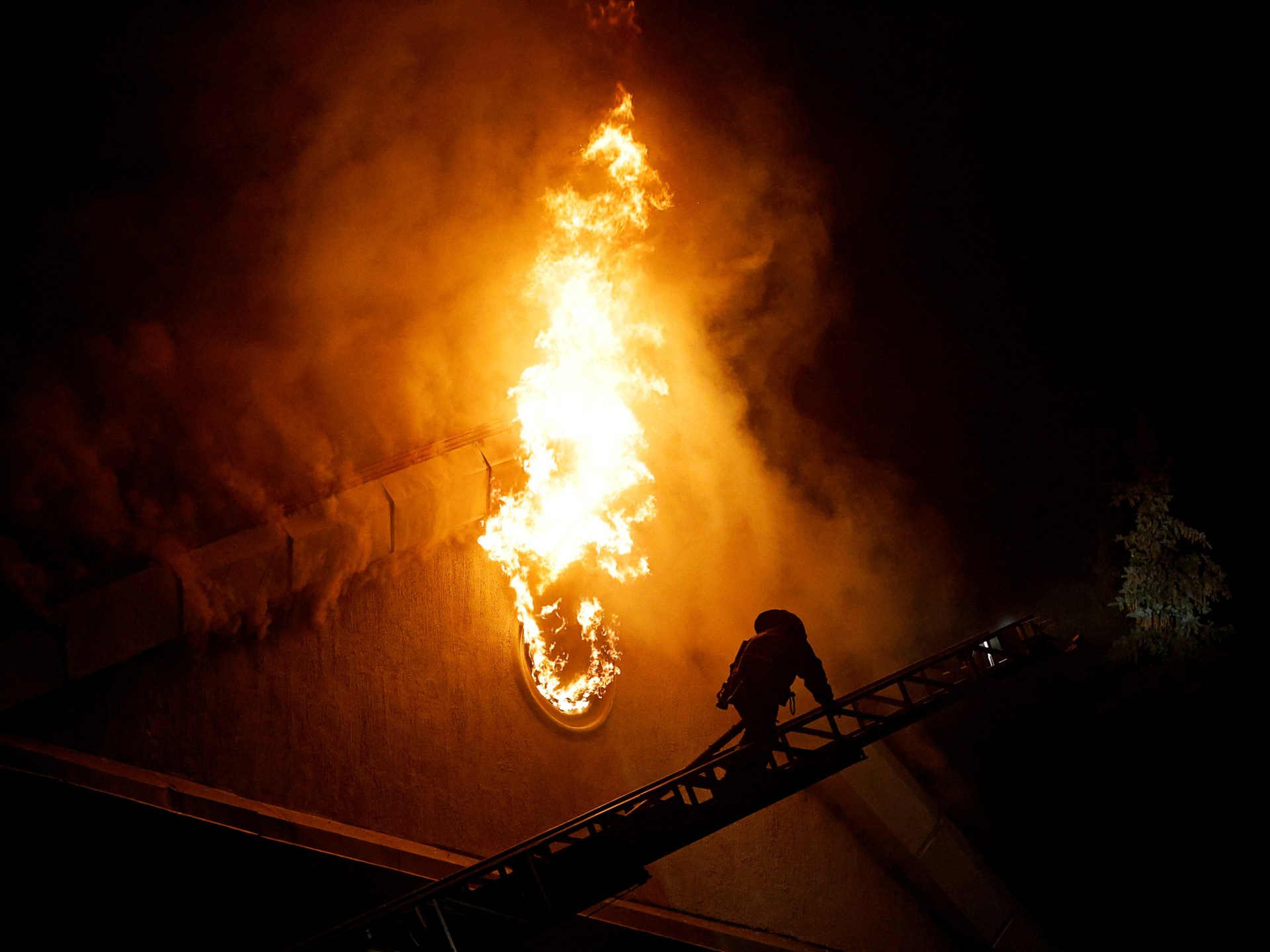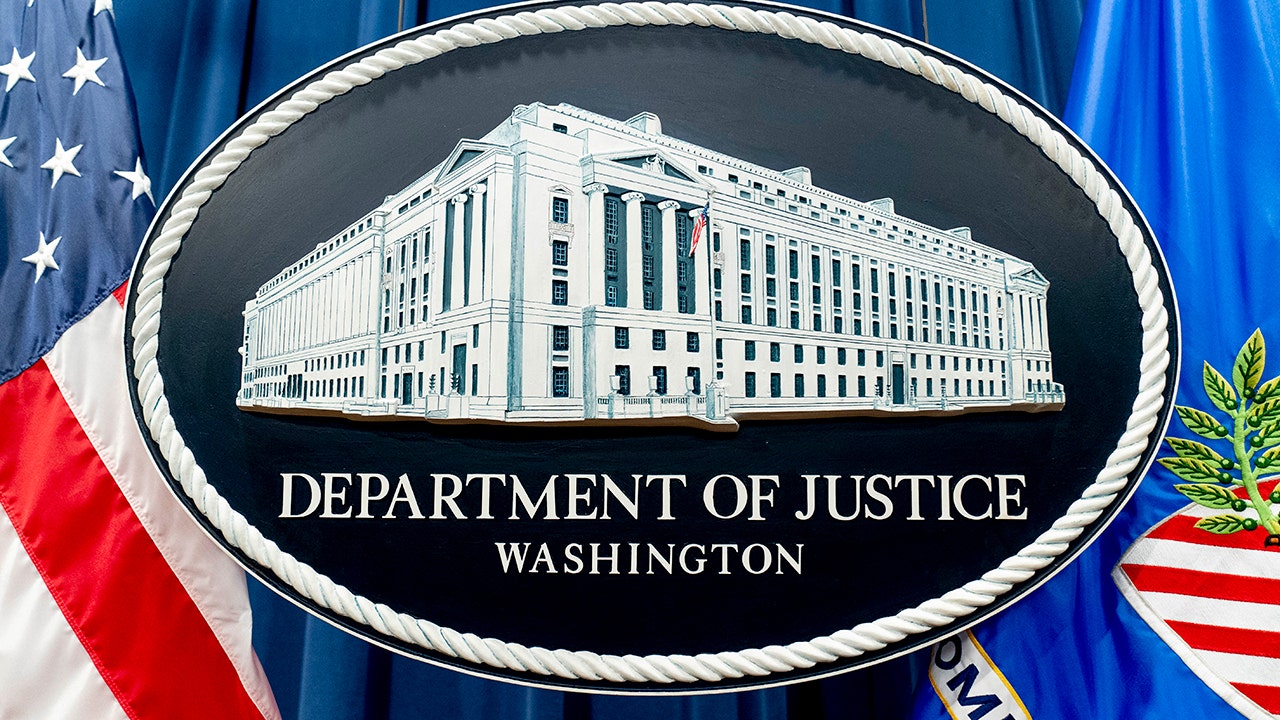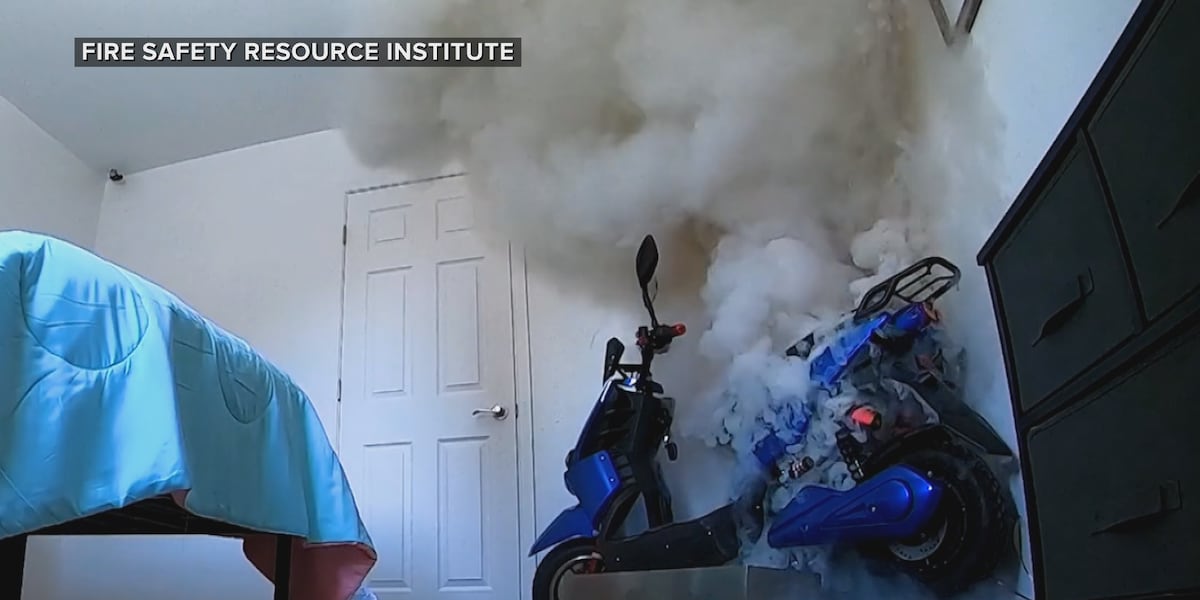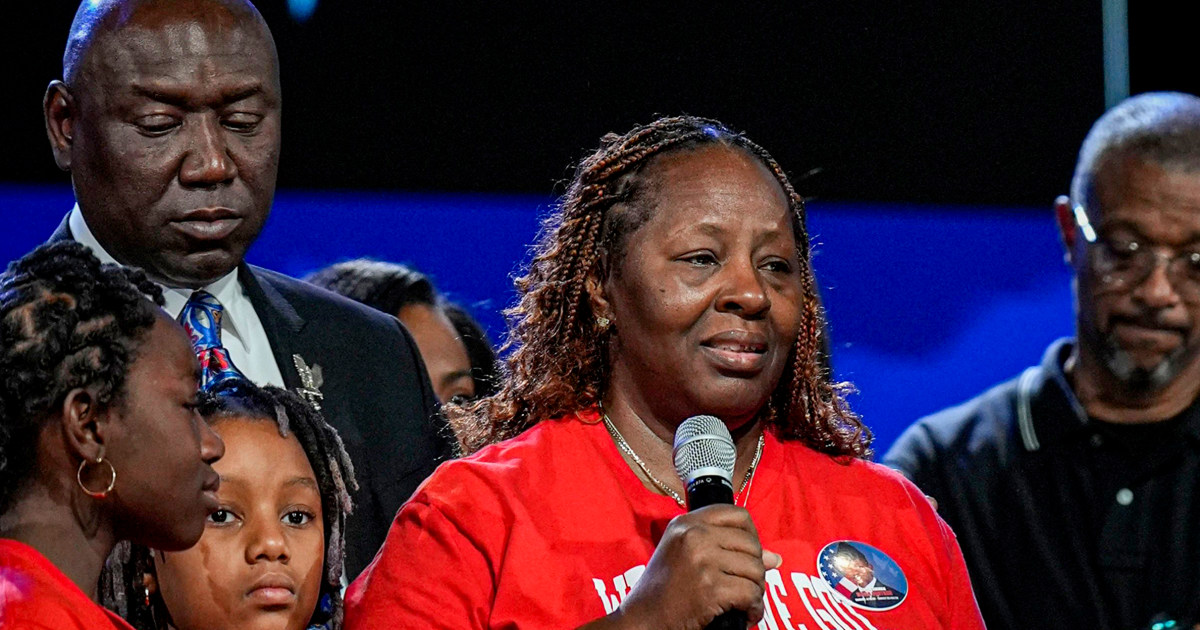World
Blood bank, university hit as Russia, Ukraine intensify attacks

A blood transfusion centre, a university and an aeronautics facility in Ukraine have been damaged in deadly air raids as Russian and Ukrainian forces escalated their attacks following a strike by Kyiv on a Russian tanker in the Black Sea.
The attacks late on Saturday came as senior officials from 40 countries – including China, India and the United States – held talks in Saudi Arabia on how to end the war in Ukraine.
A final declaration is not expected from the two-day meeting.
Ukrainian officials blamed Russia for the attack on the blood centre in the eastern town of Kupiansk late on Saturday, while Moscow-installed officials accused Kyiv of using cluster munitions to damage a university in the Russian-controlled Donetsk region.
Ukrainian President Volodymyr Zelenskyy described the attack on Kupiansk in the Kharkiv region as a “war crime” and said “there are dead and wounded”.
He did not say how many were killed or injured.
Russian forces used a “guided aerial bomb” in the attack, he said, adding that rescue workers were extinguishing a fire at the scene.
“This war crime says everything about Russian aggression,” he added.
Hours after Zelenskyy’s report, the Moscow-installed governor of Donetsk in eastern Ukraine, said a university building in the area was in flames due to Ukrainian shelling.
He said preliminary information indicated the cause of the fire was the controversial cluster munitions.
Al Jazeera could not verify the claim.
The attacks were the latest in a day that had seen Moscow’s forces hit a Ukrainian aeronautics facility and Kyiv’s forces damage a Russian tanker in the Black Sea.
The aeronautics facility belonged to Motor Sich, a maker of plane and helicopter engines as well as other components. The site is located near the city of Khmelnytskyi in western Ukraine, about 300km (190 miles) southwest of Kyiv.
The damaged Russian tanker was a “civilian” vessel, according to officials in Moscow, who denounced Kyiv’s “terrorist attack” and pledged retaliation. Ukrainian officials, however, told the AFP news agency that the SIG tanker was transporting fuel to Russian forces fighting in their country.
The attack briefly halted traffic on the Kerch Bridge which connects the Crimean Peninsula to Russia, as well as ferry transport.
It was the second such raid in 24 hours.
Ukraine had struck the Russian port of Novorossiysk earlier on Friday.
In Saudi Arabia’s Jeddah, a two-day summit on finding a peaceful settlement to the war kicked off without Russia’s participation, though the Kremlin has said it will keep an eye on the discussions.
The meeting is part of Ukraine’s diplomatic push to build support beyond its core Western backers by reaching out to Global South countries that have been reluctant to take sides in a war that has hit the global economy.
Zelenskyy, who hopes to agree on the principles for a global leaders summit he is seeking on the issue later in the year, said it would be important to hold bilateral talks on the sidelines of the Jeddah meeting.
Speaking on Saturday, he acknowledged there were differences among the countries attending but said the rules-based international order must be restored.
“It is very important because in such matters as food security, the fate of millions of people in Africa, Asia and other parts of the world directly depends on how fast the world will be in implementing the Peace Formula,” he said.
“I am grateful to Saudi Arabia for this platform for negotiations.”
A European Union official told the Reuters news agency there would be no joint statement after the meeting, but said the Saudis would present a plan for further talks. These include setting up working groups to discuss issues such as global food security, nuclear safety and prisoner releases.
The official described the talks as positive and said there was “agreement that respect of territorial integrity and [the] sovereignty of Ukraine needs to be at the heart of any peace settlement”.
China, which did not attend a previous round of talks in Copenhagen, sent Special Envoy for Eurasian Affairs Li Hui to the meeting, while India sent National Security Adviser Shri Ajit Doval.
China and India have kept close economic ties with Russia since the conflict began and have rejected calls to condemn Moscow for the war. Both countries have also ramped up imports of Russian oil.
Of the other countries in the BRICS group with Russia, China and India, South Africa sent President Cyril Ramaphosa’s security adviser Sydney Mufamadi, while Brazil’s top foreign policy adviser, Celso Amorim, also joined by video link.

World
The CW’s Top Exec on Walker’s Uncertain Fate, Potential All American ‘Reboot’ and Superman & Lois’ ‘F–king Awesome’ Sendoff

ad
World
Justice Dept. makes arrests in North Korean identity theft scheme involving thousands of IT workers

The Justice Department announced Thursday multiple arrests in a series of complex stolen identity theft cases that officials say are part of a wide-ranging scheme that generates enormous proceeds for the North Korean government, including for its weapons program.
The conspiracy involves thousands of North Korean information technology workers who prosecutors say are dispatched by the government to live abroad and who rely on the stolen identities of Americans to obtain remote employment at U.S.-based Fortune 500 companies, jobs that give them access to sensitive corporate data and lucrative paychecks. The companies did not realize the workers were overseas.
NORTH KOREA’S MENACING NUCLEAR THREAT IS TOO DANGEROUS TO IGNORE. US MUST LEAD BEFORE TIME RUNS OUT
The fraud scheme is a way for heavily sanctioned North Korea, which is cut off from the U.S. financial system, to take advantage of a “toxic brew” of converging factors, including a high-tech labor shortage in the U.S. and the proliferation of remote telework, Marshall Miller, the Justice Department’s principal associate deputy attorney general, said in an interview.
The seal for the Justice Department is photographed in Washington, Nov. 18, 2022. The Justice Department has announced three arrests in a complex stolen identity scheme that officials say generates enormous proceeds for the North Korean government, including for its weapons program. (AP Photo/Andrew Harnik)
The Justice Department says the cases are part of a broader strategy to not only prosecute individuals who enable the fraud but also to build partnerships with other countries and to warn private-sector companies of the need to be vigilant — and not duped — about the actual identities of the people they’re hiring.
FBI and Justice Department officials launched an initiative in March centered on the fraud scheme and last year announced the seizure of more than a dozen website domains used by North Korean IT workers.
“More and more often, compliance programs at American companies and organizations are on the front lines of protecting our national security,” Miller said. “Corporate compliance and national security are now intertwined like never before.”
The Justice Department said in court documents in one case that more than 300 companies — including a high-end retail chain and a “premier Silicon Valley technology company” — have been affected and that more than $6.8 million in revenue has been generated for the workers, who are based outside of the U.S., including in China and Russia.
Those arrested include an Arizona woman, Christina Marie Chapman, who prosecutors say facilitated the scheme by helping the workers obtain and validate stolen identities, receiving and hosting laptops from U.S. companies who thought they were sending the devices to legitimate employees and helping the workers connect remotely to companies.
According to the indictment, Chapman ran more than one “laptop farm” where U.S. companies sent computers and paychecks to IT workers they did not realize were overseas.
At Chapman’s laptop farms, she allegedly connected overseas IT workers who logged in remotely to company networks so it appeared the logins were coming from the United States. She also is alleged to have received paychecks for the overseas IT workers at her home, forging the beneficiaries’ signatures for transfer abroad and enriching herself by charging monthly fees.
Other defendants include a Ukrainian man, Oleksandr Didenko, who prosecutors say created fake accounts at job search platforms that he then sold to overseas workers who went on to apply for jobs at U.S. companies. He was was arrested in Poland last week, and the Justice Department said it had seized his company’s online domain.
A Vietnamese national, Minh Phuong Vong, was arrested in Maryland on charges of fraudulently obtaining a job at a U.S. company that was actually performed by remote workers who posed as him and were based overseas.
It was not immediately clear if any of the three had lawyers.
Separately, the State Department said it was offering a reward for information about certain North Korean IT workers who officials say were assisted by Chapman.
And the FBI, which conducted the investigations, issued a public service announcement that warned companies about the scheme, encouraging them to implement identity verification standards through the hiring process and to educate human resources staff and hiring managers about the threat.
World
Taiwan grapples with divisive history as new president prepares for power

Taipei, Taiwan – Even as Taiwan prepares for the inauguration of its eighth president next week, it continues to struggle over the legacy of the island’s first president, Chiang Kai-shek.
To some, Chiang was the “generalissimo” who liberated the Taiwanese from the Japanese colonisers. To many others, he was the oppressor-in-chief who declared martial law and ushered in the period of White Terror that would last until 1992.
For decades, these duelling narratives have divided Taiwan’s society and a recent push for transitional justice only seems to have deepened the fault lines. Now, the division is raising concern about whether it might affect Taiwan’s ability to mount a unified defence against China, which has become increasingly assertive in its claim over the self-ruled island.
“There is a concern when push comes to shove if the civilians work well with the military to defend Taiwan,” said historian Dominic Meng-Hsuan Yang of the University of Missouri in the United States.
On February 28, 1947, Chiang’s newly-arrived Kuomintang (KMT) troops suppressed an uprising by Taiwan natives, killing as many as 28,000 people in what became known as the February 28 Incident. In the four-decade-long martial law era that followed, thousands more perished.
This traumatic history met its official reckoning in 2018, when the Taiwan government set up its Transitional Justice Commission modelled after truth and reconciliation initiatives in Africa, Latin America and North America to redress historical human rights abuses and other atrocities.
When the commission concluded in May 2022, however, advocates and observers said they had seen little truth and hardly any reconciliation.
Almost from the first days of the commission, the meting-out of transitional justice became politicised across the blue-versus-green demarcation that has long defined Taiwan’s sociopolitical landscape, with blue representing KMT supporters and green the ruling Democratic Progressive Party (DPP).
A recently published anthology entitled Ethics of Historical Memory: From Transitional Justice to Overcoming the Past explains how the way Taiwanese remember the past shapes how they think about transitional justice. And as that recollection is determined by which camp they support, each champions their own version of Taiwan’s history.
“That’s why transitional justice seems so stagnant now,” explained Jimmy Chia-Shin Hsu, research professor at the legal research institute Academia Sinica who contributed to and edited the book. “Whatever truth it uncovers would be mired in the blue-green narrative.”
A non-partisan view, Hsu said, is to credit the DPP with codifying transitional justice and Lee Teng-hui, the first democratically elected KMT president, with breaking the taboo on broaching the February 28 Incident.
The past shaping the future
In February, Betty Wei attended the commemoration for the February 28 incident for the first time and listened intently to the oral history collected from the survivors. Wei, 30, said she wanted to learn more about what happened because her secondary school textbook had brushed over what many consider a watershed event in a few cryptic lines, and many of her contemporaries showed little interest.
“In recent years the voices pushing for transitional justice have grown muted,” Wei told Al Jazeera. “A lot of people in my generation think the scores are for previous generations to settle.”

In Taiwan, the past is never past, and rather it is fodder for new fights.
As the DPP gears up for an unprecedented third consecutive term, the unfinished business of removing the island’s remaining statues of Chiang has resurfaced as the latest front in what Yang, the historian, described to Al Jazeera as “this memory war”.
More than half of the initial 1,500 monuments have been taken down over the past two years, with the remaining statues mostly on military installations.
Yang argues that is because the top brass rose through the ranks under martial law and many still regard Chiang as their leader, warts and all. For them, toppling the statues would be an attack on their history.
The statues embody “the historical legacy the military wants to keep alive,” Yang said. “That’s a source of tension between the military and the DPP government.”
On the eve of William Lai Ching-te taking his oath as the island’s next president, Taiwanese will for the first time mark the “White Terror Memorial Day” on May 19, the day when martial law was declared in 1949.
While it is clear Taiwanese have promised to never forget, whom and how to forgive has become far murkier.
As the former chairman of the Taiwan Association for Truth and Reconciliation, the first NGO advocating for the cause, Cheng-Yi Huang lauded the government’s move to take over the KMT’s private archives in recent years but lamented there had been too little truth-seeking so far.
For example, under the February 28 Incident Disposition and Compensation Act, Huang said many have chosen to stay silent about their complicity because only victims get compensation.
However, Taiwan’s tumultuous history means the line between victim and victimiser is rarely clear-cut.

By digging into military archives, Yang has shed light on how Chinese were kidnapped and pressed into service by the KMT in the last years of the Chinese Civil War. Those who tried to flee were tortured and even murdered. And the native Taiwanese who rose up to resist KMT’s suppression were persecuted as communists.
“Under martial law, the military was seen as an arm of the dictatorship, but they were also victims of the dictator’s regime,” Yang told Al Jazeera. “The transitional justice movement has missed the opportunity to reconcile Taiwanese society with the military.”
To Hsu, Beijing’s belligerence demands Taiwanese of all stripes find a common cause.
“As we’re facing the threat from the Chinese Communist Party, it’s imperative that we unite in forging a collective future,” said Hsu, to a standing-room-only book talk during the Taipei International Book Exhibition in late February.
“And how we remember our past will shape this future of ours.”
-

 Politics1 week ago
Politics1 week agoBiden takes role as bystander on border and campus protests, surrenders the bully pulpit
-

 Politics1 week ago
Politics1 week ago'You need to stop': Gov. Noem lashes out during heated interview over book anecdote about killing dog
-

 Politics1 week ago
Politics1 week agoRFK Jr said a worm ate part of his brain and died in his head
-

 News1 week ago
News1 week agoMan, 75, confesses to killing wife in hospital because he couldn’t afford her care, court documents say
-

 World1 week ago
World1 week agoPentagon chief confirms US pause on weapons shipment to Israel
-

 Politics1 week ago
Politics1 week agoHere's what GOP rebels want from Johnson amid threats to oust him from speakership
-

 World1 week ago
World1 week agoPro-Palestine protests: How some universities reached deals with students
-

 World1 week ago
World1 week agoConvicted MEP's expense claims must be published: EU court
















